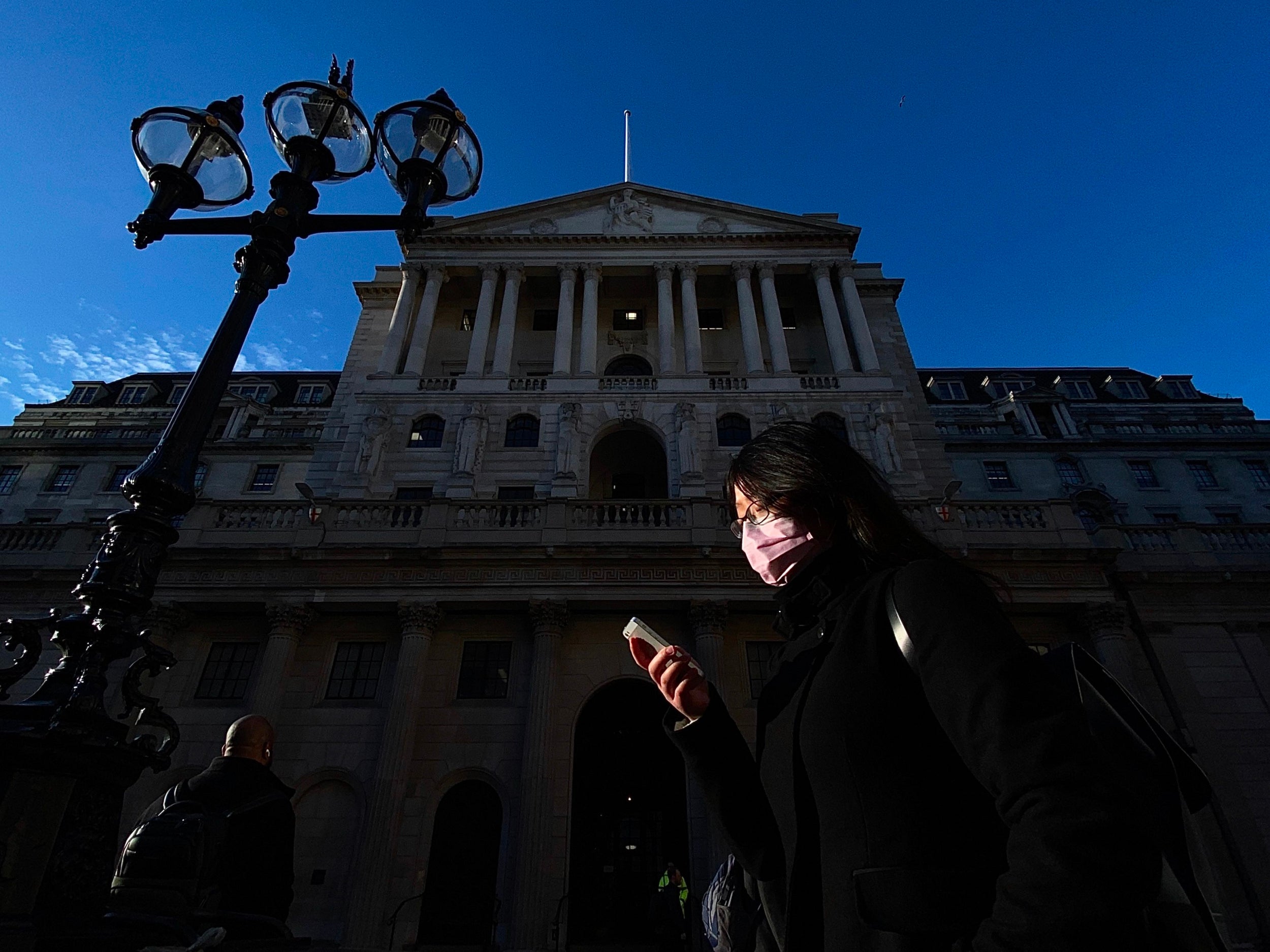Savings deals plummet as Britons are urged to set aside more money
Just when a savings buffer could make all the difference, easy-access savings offers are disappearing faster than the latest batch of hand sanitiser

We’ve never been so encouraged to save ourselves from financial catastrophe through the seeming magic of a healthy, easily accessible, savings account as we are right now.
But even with the new tax year and the newest ISA season – usually the focus of plenty of enticing offers for the squirrelling consumer – the savings market is too busy reeling from the effects of a double whammy of base rate cuts in March.
The average easy access rate fell has now fallen to a little over 0.4 per cent. At the beginning of March 90 ISA providers were offering 417 accounts. By the end of the month the total had dropped by a fifth, according to the latest data from Moneyfacts.
“Savers will be disappointed to find that deals are being pulled left, right and centre, and this vanishing act is clearly due to the base rate cuts last month and uncertainties surrounding the Covid-19 pandemic,” says Rachel Springall, finance specialist for the comparison site.
“Providers are perhaps struggling to sustain their lucrative offerings or are pulling deals because they have crept up the top rate tables unexpectedly, resulting in a domino effect of cuts or withdrawals.
Four more years
Savings products are usually at the unremarkable end of the financial world and this kind of mass, domino-effect withdrawal hasn’t happened since 2012. Back then, a government scheme known as Funding for Lending backfired dramatically after savings account providers no longer felt the need to rely on courting savers with attractive rates to fund their future lending.
And while the financial services industry is now, on the whole, acting as directed at this time of national emergency to pass on support to those consumers in acute need, longer term legacies coupled with short term emergency measures certainly aren’t helping savers.
The Term Funding Scheme, which came into being in 2016, and the most recent Term Funding Scheme with additional incentives for SMEs scheme, launched last week to support small businesses, is set to deliver, as a side effect, a less competitive savings market for the next four years as providers are able to borrow cheaply from the government.
Market trauma
“These changes may well be just the beginning, as it can take up to three months for a base rate change to be passed onto savings accounts,” warns Springall. “This week yet another big bank brand – NatWest – decided to slash its easy access rates to a disappointing 0.01 per cent (based on a £10,000 deposit). The bank joins Halifax, Lloyds Bank and Scottish Widows Bank in similar moves over recent weeks.”
Online competitors initially held up, but since 9 April, the most competitive easy access accounts have all been cut That doesn’t mean they’re anywhere near the rock bottom rates on the high street – even after the cut, the market leading Virgin Double Take account is offering over ten times the typical 0.1 per cent you’ll get on the high street. So online banks still offer far more competitive savings rates across the board. But you can do better by switching accounts, says Sarah Coles, personal finance analyst for Hargreaves Lansdown.
“Some of your cash needs to stay in easy access savings – so you have an emergency savings safety net of three to six-months’ worth of expenses easily to hand. There are a couple of accounts still offering 1.2 per cent – including Marcus, Saga, Investec and RCI Bank.”
Everything else
For the rest of your money, it’s worth considering fixing your savings for the periods that make the most sense for your circumstances. This not only provides a better savings rate today, but protects you from the threat of further cuts during the fixed period.
For example, the best three year deal is currently from Vanquis Bank, offering 1.8 per cent.
“The fixed rate market hasn’t been untouched by the cuts, but the best five-year and one-year fixed rate from newer online banks is the same as it was on 7 March (2 per cent), and the best over 2, and 3 years have fallen by just 0.05 per cent,” adds Coles. “This is not to be sniffed at given the base rate dropped 0.65 per cent.
“If you’re planning to fix, it’s worth doing it sooner rather than later. It doesn’t look like the Bank of England will be raising the base rate any time soon, and there’s always the chance that savings rates have further to drop over the coming months.”
Join our commenting forum
Join thought-provoking conversations, follow other Independent readers and see their replies
Comments
Bookmark popover
Removed from bookmarks